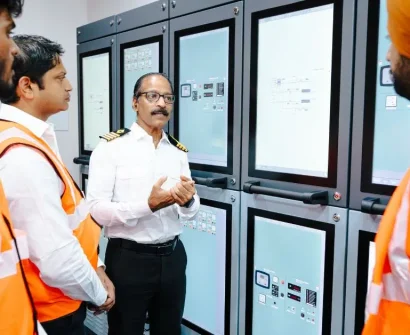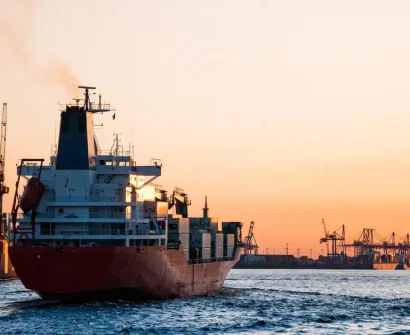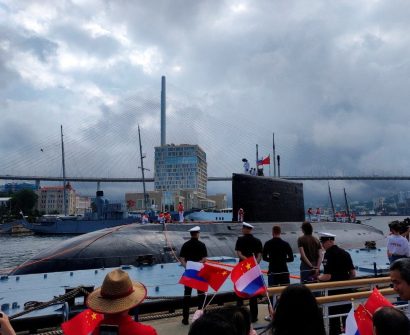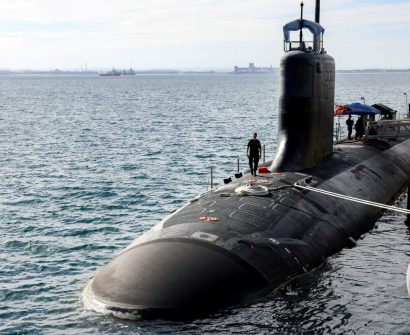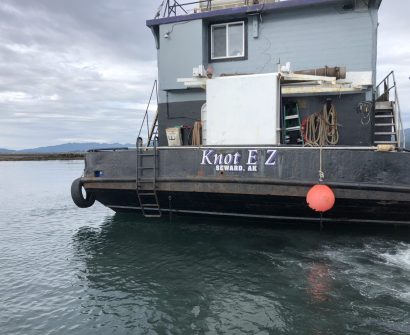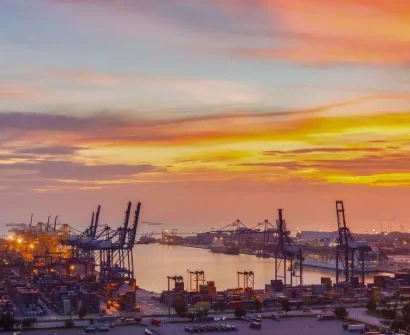“Train the Right Way or Don’t Train at All” — India Cracks Down on Foreign Maritime Courses

✅ What Happened — In 3 Key Points:
Foreign Training Banned: DG Shipping has banned all foreign maritime training programs within India that issue STCW certificates, unless pre-approved.
Severe Penalties: Violations may lead to blacklisting of institutions, agents, or seafarers under the Merchant Shipping and IT Acts.
Seafarers Protest: The order sparked protests and legal action, with seafarers warning of job losses and industry disruption.
This Isn’t Just Policy — It’s a Protection of Standards
On August 2, 2025, the Directorate General of Shipping (DG Shipping) issued a sweeping directive prohibiting all foreign entities — including governments, institutions, and agencies — from conducting any maritime training inside India that results in the issuance of STCW certificates, unless they receive explicit prior approval.
This move applies to all forms of training delivery — in-person, online, or distance mode — and is intended to safeguard the integrity of Indian seafarer training under the globally recognized STCW Convention of 1978.
The message is clear: India will no longer tolerate unauthorized or substandard certification programs undermining its maritime workforce.
🧭 Inside the Crackdown — What the Order Covers
Institutions & Individuals Warned
- Indian institutions conducting foreign STCW courses must halt operations immediately.
- They are required to report these programs to DG Shipping without delay.
Blacklisting & Legal Escalation
- Indian agents, institutes, or seafarers involved may face blacklisting.
- Offenders risk action under the Merchant Shipping Act and the Information Technology Act.
No Room for Loopholes
- Shipowners, training institutes, and RPSL companies have been instructed to avoid any collaboration with unapproved foreign training entities.
- Any attempt to bypass this rule must be reported to the Directorate.
Why This Move Matters — Protecting Global Compliance
The STCW Convention lays out critical training and certification norms to ensure the safety of life at sea and protection of the marine environment. These standards include criteria for sea service, training, examinations, and even seafarer health.
By drawing a red line on unauthorized foreign programs, India seeks to:
- Preserve training credibility
- Protect seafarers from fake or low-quality certifications
- Uphold international compliance under IMO frameworks
The concern is not nationalism — it’s professional integrity.
Seafarer Backlash — Legal and Street-Level Protests
July 18 Circular Fallout
Weeks earlier, DG Shipping had issued a separate circular barring Indian seafarers from working on foreign-flagged ships using certificates from non-recognized maritime authorities.
That decision triggered real fear:
- Thousands of Indian seafarers faced career uncertainty.
- Many turned to the Bombay High Court seeking relief.
- On August 1, dozens demonstrated outside DG Shipping’s office under the Forward Seamen’s Union of India (FSUI).
The protestors say this could cost them jobs, financial security, and dignity.
The Wake Left Behind
This isn’t just a bureaucratic step.
It’s a critical moment to redefine what quality training means for Indian seafarers.
But it must also balance enforcement with empathy — recognizing how decisions made in offices ripple across lives at sea.
Thousands of careers now hang in the balance between regulation and livelihood.
India must build bridges between protection and opportunity, not walls.


